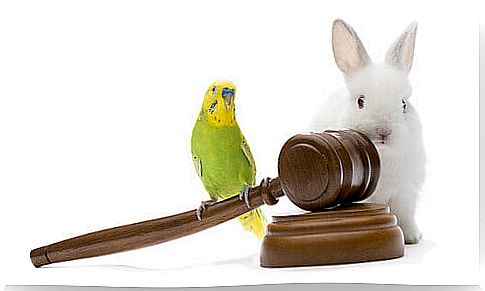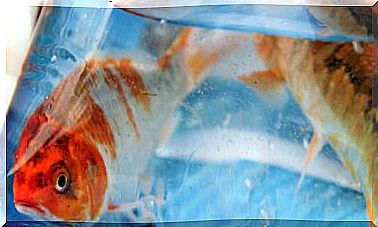Laws For The Protection Of Animals In The World

The year 1978 would remain in the history of the protection of animals in the world after the proclamation of the first Universal Declaration of Animal Rights. This important compilation was created by the International League for Animal Rights and read before UNESCO.
Among the many contributions to the fight against animals, this initiative recognizes that all animals have an equal right to exist. Consequently, human action on them should obey certain ethical limits. In this regard, the preamble of said declaration determines the following:
The proclamation before UNESCO of this Universal Declaration divided the animal movement in the world during the 70s and 80s. And it is that from the vindication of the concept of animal rights, two currents arise with different purposes.
The more traditional current would continue to focus on the protection of the State towards animals. On the other hand, a new current would begin to fight for the recognition of animal rights at the legal level.
Animal welfare in the EU: the European Convention for the protection of companion animals
Almost 10 years after the Universal Declaration of Animal Rights, the European Convention for the Protection of Companion Animals would be published. This initiative promoted animal protection laws around the world, especially in EU member countries.

This regulation provided for practical and immediate improvements in the quality of life of many animals. This was achieved through issues such as the prohibition of aesthetic mutilations and the regulation of the use of animals in recreational activities, including sport hunting.
The c European onvention also marked a significant advance in public policies related to responsible ownership and control over street overpopulation.
The responsibility of central governments in promoting concrete measures to combat abuse and neglect, as well as to promote the responsible adoption of companion animals, was ratified.
Advances and limits of the laws in force in Spain
In Spain we still do not have a national framework law that specifically regulates the welfare or rights of wild or domestic animals. In each autonomous community it is possible to find different ordinances that combat animal abuse; In each region, the sanctions applicable to cases of abandonment, violence and physical or emotional abuse are established.

However, article 337 of the Spanish Civil Code provides a penalty of up to one year in prison, in addition to the possibility of special disqualification for anyone who:
In turn, the Spanish Penal Code , through its article 334.1, talks about the protection of wild animals, and provides a prison sentence of six months to two years for anyone who:
Animal protection in Argentina, Colombia and Mexico
In 1954 the National Congress of the Argentine Republic approved Law 14,346, the text of which is still in force today. In addition to defining what is understood as mistreatment and cruelty against animals in the national territory, this law also prohibited the sacrifice of dogs and cats in the province of Buenos Aires.
Regarding the sanctions, it is foreseen that he may be ” punished with imprisonment from 15 days to a year, whoever inflicts ill-treatment or makes a victim of acts of cruelty to animals .”
Several years later, specifically in 2013, the first animal protection law in this country would be published in Mexico City. Its text provides a prison sentence of up to four years, as well as important financial penalties, for those who commit acts of cruelty against all non-human animals, whether they are companion, wild or domesticated.
In 2018, Colombia would also pass Law 1774 on animal abuse and the protection of animals in its national territory. As of its publication, acts of cruelty, mistreatment or violence against domestic, wild or exotic vertebrate animals are considered crimes. Applicable penalties could range from 12 to 36 months in prison.








